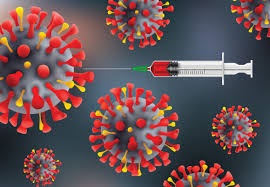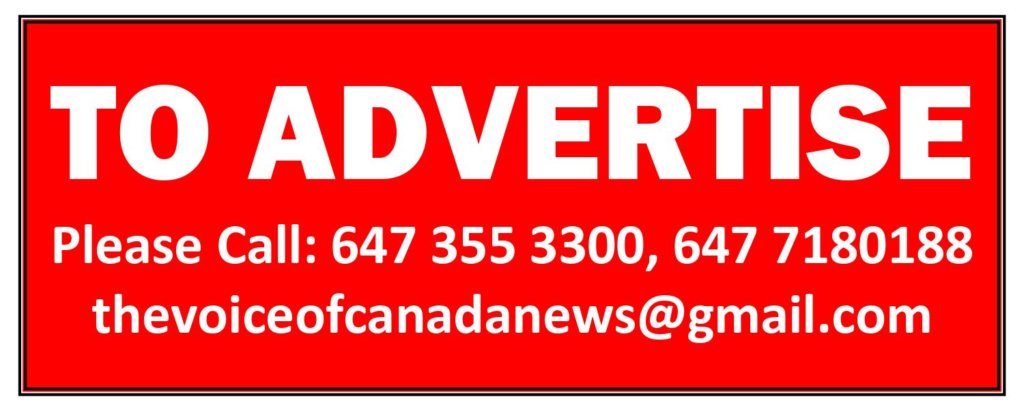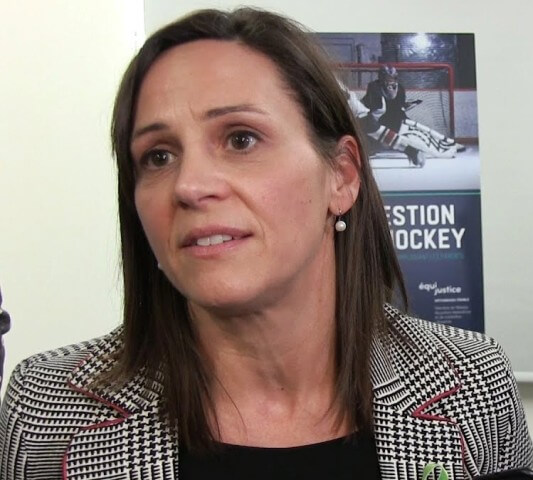Government of Canada COVID-19 Update for Indigenous Peoples and communities
Traditional unceded Algonquin Territory, Ontario — Indigenous Services Canada
The Voice of Canada News:
The week of November 22-28 continued to see an alarming increase in the number of newly reported cases of COVID-19 in First Nations communities related to the second wave of the pandemic, with 626 new cases reported as of December 3.
As of December 3, Indigenous Services Canada (ISC) is aware of these confirmed cases of COVID-19 for First Nations communities on reserve:
- 4,303 confirmed positive cases of COVID-19
- 1,564 active cases
- 2,700 recovered cases
- 39 deaths
There are a total of 29 confirmed positive cases in Nunavik, Quebec, and all but one have recovered.
As of December 4, 2020, the Government of Nunavut is reporting 51 active cases and a total of 206 confirmed cases of COVID-19. To date, 155 people have recovered from the virus, and only two of the four impacted communities still have active cases, Arviat and Whale Cove. All cases in Rankin Inlet and Sanikiluaq recovered. Contact tracing in all impacted communities is ongoing, and the actively infected individuals are monitored regularly, and are doing well while continuing to isolate and recover at home, with mild to moderate symptoms.
ISC is working closely with key Indigenous and non Indigenous partners to support an integrated and coordinated approach to support the administration of a COVID-19 vaccine for Indigenous Peoples and communities. It is recognized that the logistics of a COVID-19 vaccine will require coordination with provinces, territories, Indigenous leadership and partners.
Provincial and territorial governments, Indigenous partners and community organizations continue to work hard to keep their communities safe and the Government of Canada will be there to support them as they continue to manage the current COVID-19 pandemic.
ISC is paying close attention to the current outbreaks in the Prairie provinces and has been in close communication with community leadership in these provinces to support their efforts to respond to the course of the COVID-19 virus.
Shamattawa First Nation has been in contact with the Government of Canada regarding their concerns around public health efforts in their community. Shamattawa First Nation has requested assistance due to the COVID-19 outbreak in the community. ISC is working with Shamattawa First Nation and other partners to determine the specific assistance required and how to best meet those needs.
In light of the alarming rise in COVID-19 cases with both residents and staff at the Rod McGillivray Personal Care Home last month in Opaskwayak Cree Nation, medically trained members of the Canadian Armed Forces arrived to assist healthcare workers in addressing the outbreak. This included providing residents with medical care, assisting with patient management, and general health-related support. As a result of the support from the Canadian Armed Forces, the First Nation was able to provide the appropriate level of care for Elders in the Personal Care Home and limit the spread of infection in the facility. On November 28, Onekanew Christian Sinclair declared the outbreak at the Rod McGillivray Personal Care Home over.
In Saskatchewan, ISC has been supporting community-driven COVID-19 response efforts including: enhanced contact tracing, guidance to support safe school re-opening and community gatherings, and promoting cleaning and disinfection practices to prevent virus transmission. ISC has also been supporting First Nations with mental wellness, support for Elders and vulnerable community members, food security, mental health assistance, outreach efforts to keep people safe and operational funding to ensure they are able to establish isolation spaces for people who need to self-isolate, set up COVID-19 assessment and testing operations, and other planning and response actions as needed. ISC is working with provincial and territorial partners to plan COVID-19 vaccine allocation, rollout, and opportunities for engagement with First Nations and Métis communities as part of the provincial rollout process.
First Nations communities in Alberta continue to work collaboratively with ISC Alberta, Alberta Health Services and Alberta Health to ensure an integrated and coordinated COVID response. In particular, ISC is working closely with the First Nations leadership and health and emergency technicians in Alberta to support contact tracing, case management, public health investigations, and providing regional surge capacity staff as well as reiterating the importance of public health measures. First Nations in Alberta have been proactive and innovative in supporting COVID-19 messaging, including the #ProtectOurElders Campaign by Alexis Nakota Sioux Nation and the Blood Tribe’s Nuppets Campaign, a collaboration between Blood Tribe Communications and DerRicStarlight’s Nuppets for school-aged children.
The Government of Canada recognizes and thanks the frontline workers who put their own safety on the line every day to make sure families, youth, and especially Elders are kept safe. Their dedication and hard work has reduced the potential number of people who tested positive for the COVID-19 virus.
As COVID-19 cases continue to rise across the country, the risk of spread increases. We urge all community members to support their leadership and follow community and provincial public health measures that have proven to save lives. Everyone can help limit the spread by making wise decisions and following recommended public health measures.








